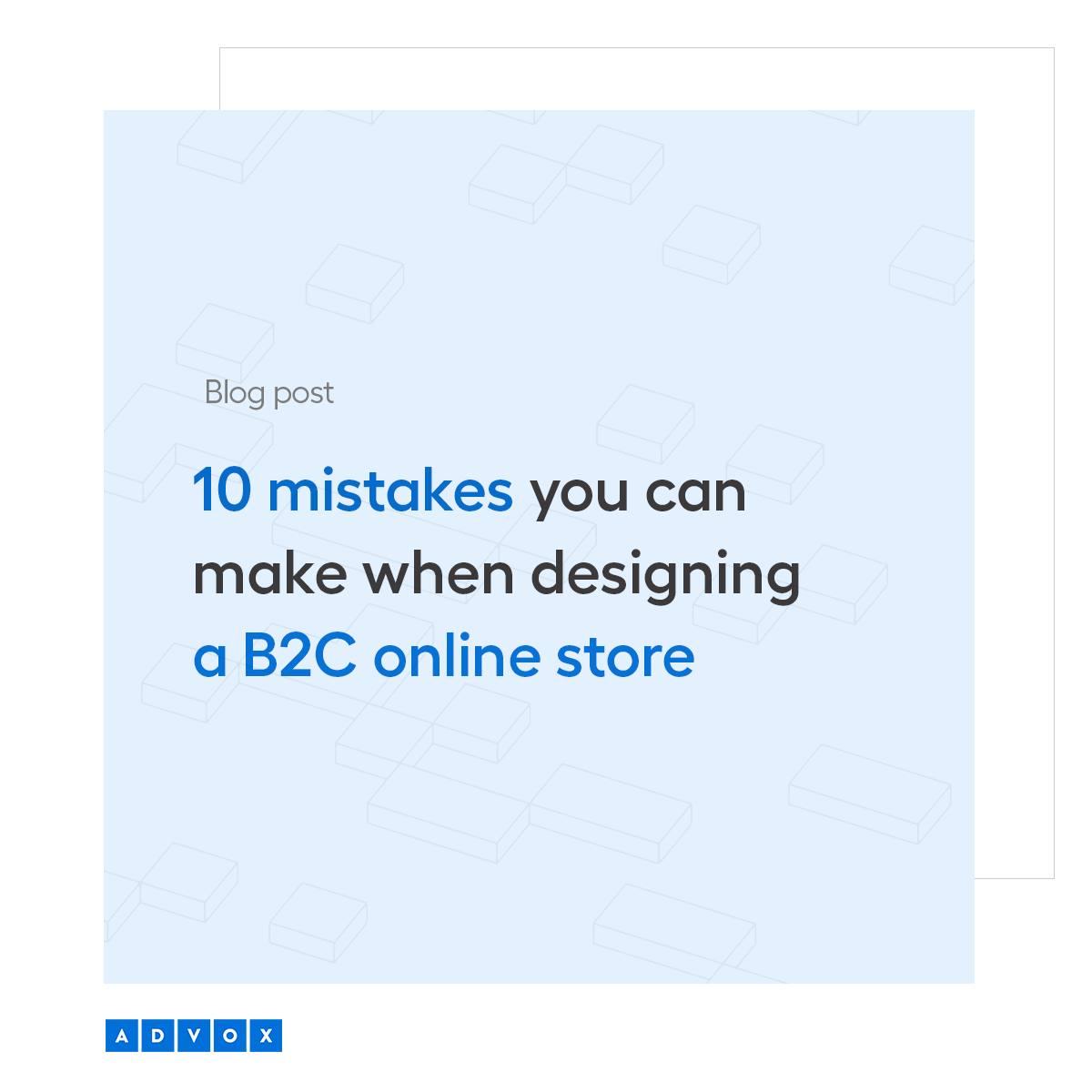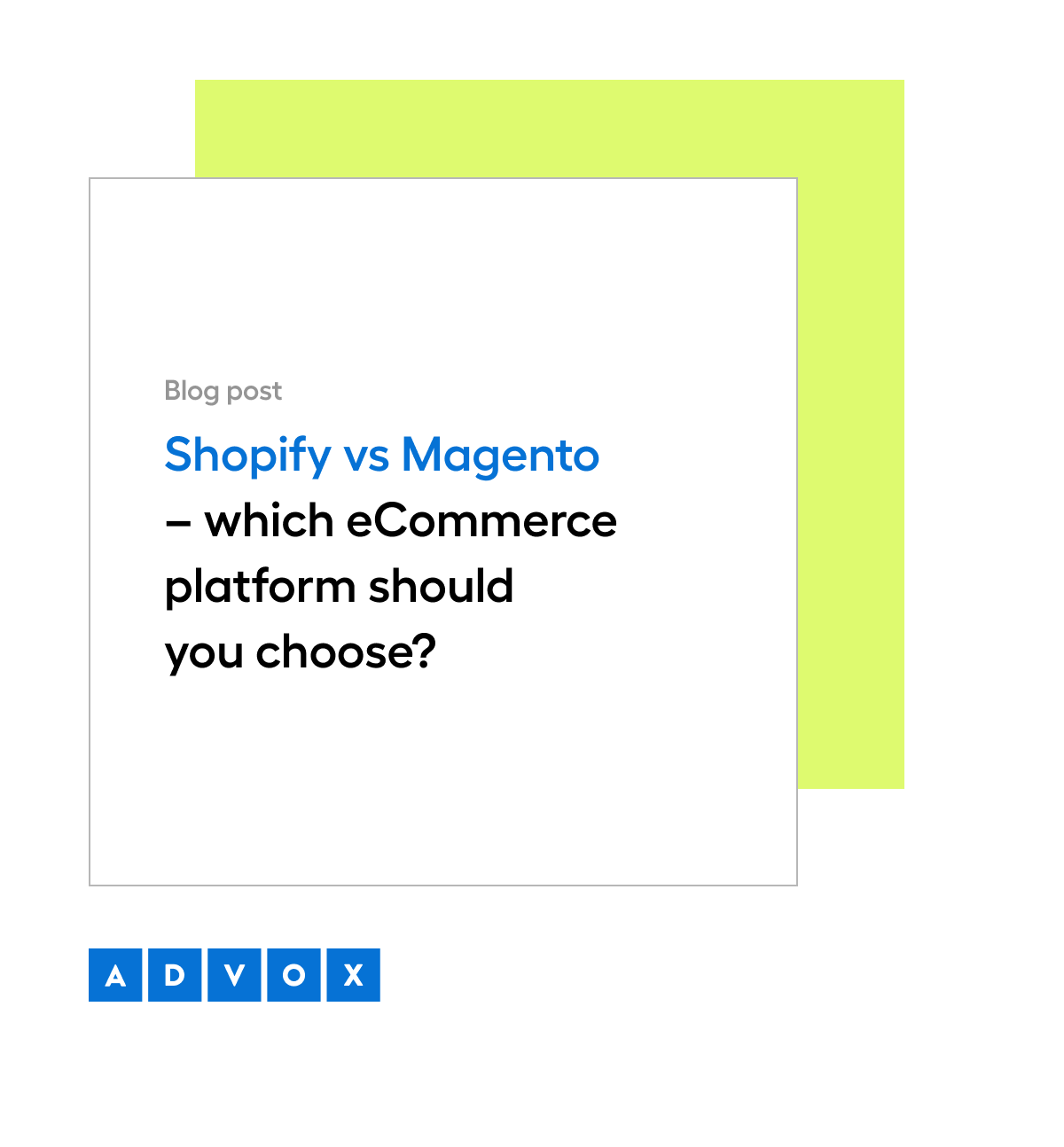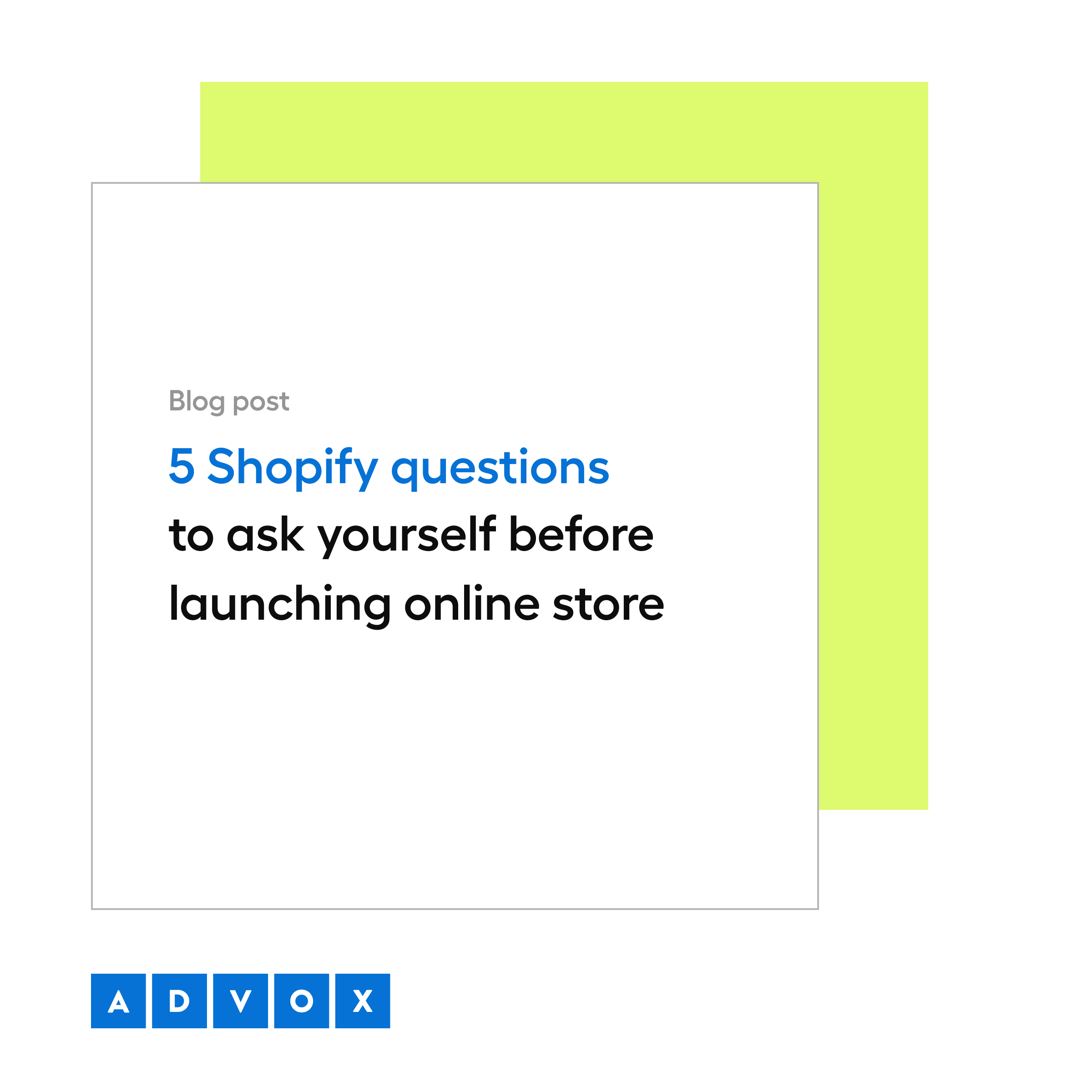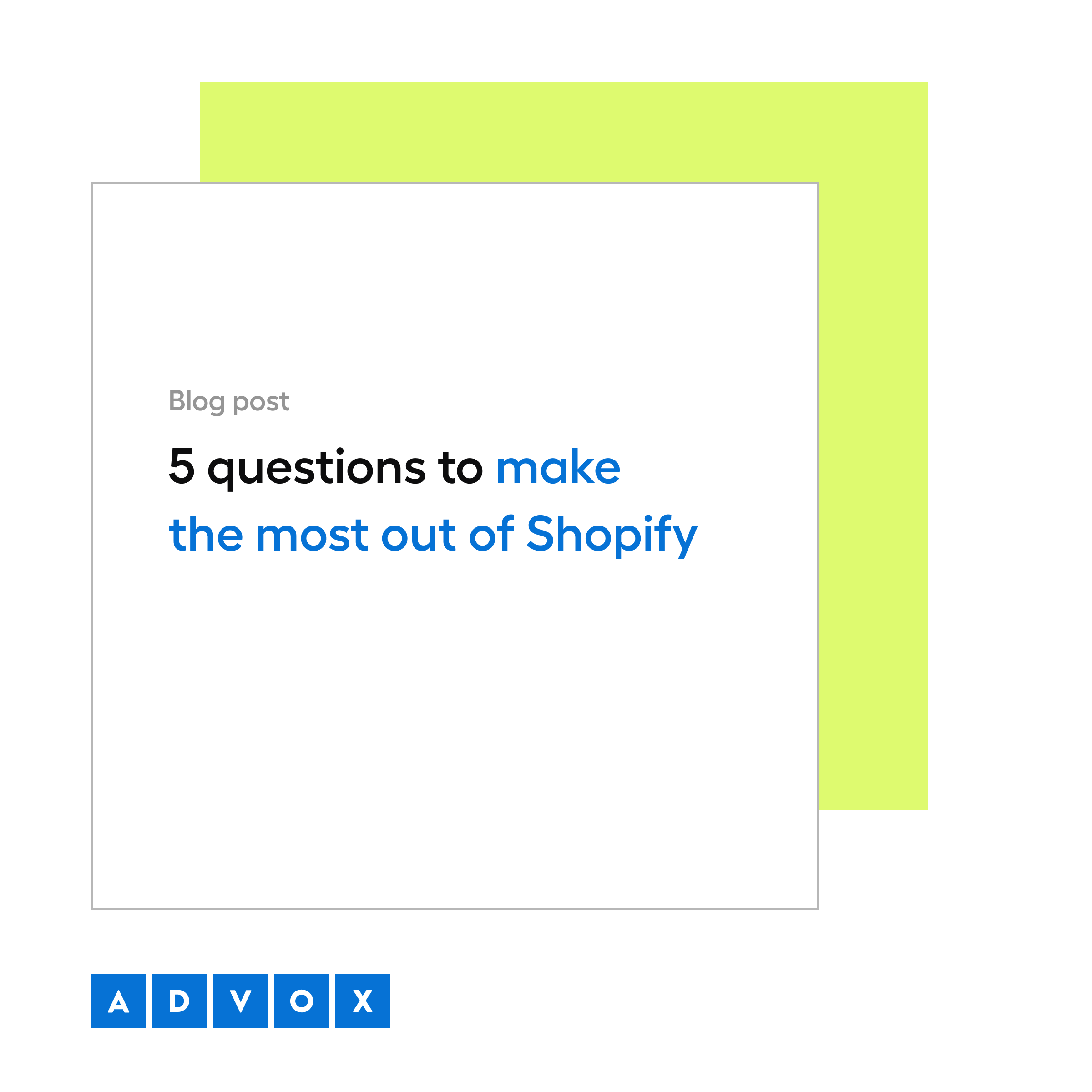Table of contents:
- Why are marketplaces so popular?
- Marketplace - are you sure it's a good idea to start?
- Shopify – the best alternative to marketplaces?
- Own store vs marketplace – the ultimate showdown
- Is it time for your own store?
Marketplace platforms dominate the eCommerce market. According to an analysis by ChannelX, in 2023, 62 out of the 100 largest online stores in Europe were marketplaces. Sites like Amazon, Zalando, and eBay have earned the trust of millions of users with their wide range of products and shopping convenience. These conditions also seem ideal for sellers, offering access to a large customer base with a low barrier to entry. However, despite these benefits, selling on marketplaces comes with certain limitations, such as rising sales commissions that can hinder business growth in the long term. Want to learn more about this and explore alternatives that also offer a relatively easy start in online selling? Keep reading!
Why are marketplaces so popular?
Marketplaces are online platforms that allow multiple sellers to offer their products or services in one place. They act as middlemen between sellers and buyers, offering a ready-made infrastructure for online commerce. As a result, when looking to start an eCommerce adventure or expand an existing business, sellers can reach a wide range of customers quickly and without a large start-up investment (such as designing their own online store). However, these are not all the advantages that speak for the popularity of this sales channel.
Marketplaces also ensure transaction security and buyer protection, which builds user trust. For this reason, especially large and well-known platforms attract a vast customer base, which in turn allows sellers to easily reach their target audience. As a result, selling on marketplaces is often seen as a quick way to enter the market and minimise risks.
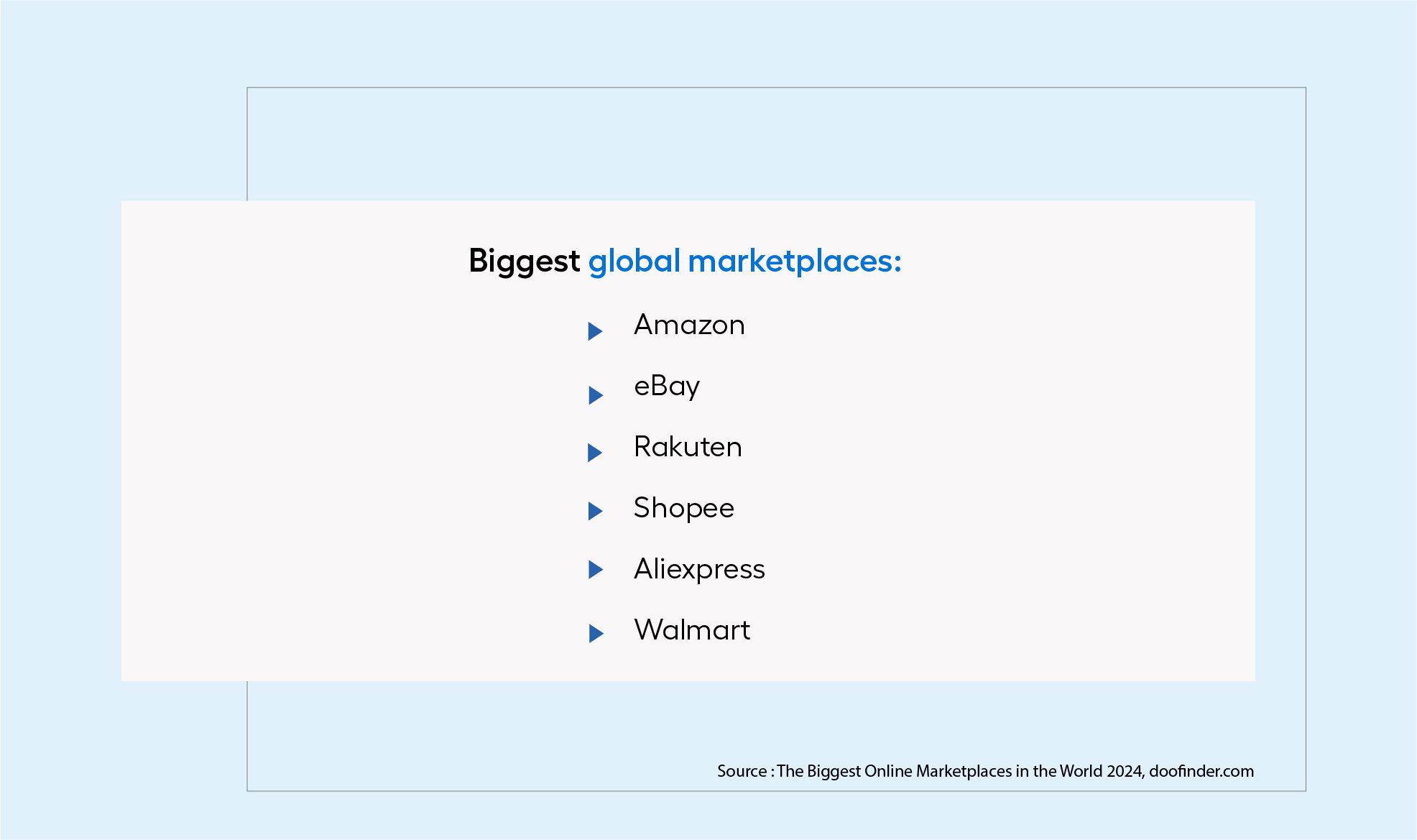
Marketplace - are you sure it's a good idea to start?
It's often said that marketplaces are an easy gateway for those wanting to sell online. After all, they provide ready-made infrastructure and access to a large user base, making them attractive to new entrepreneurs. But is it really a good long-term solution?
First of all, you need to remember that marketplaces don't offer full freedom in sales or control over your own brand. As a seller, you must comply with imposed conditions, such as specific ways of presenting products. In the long run, this can become a barrier to growth, especially when additional costs and rising platform fees start to add up. Find out why selling on a marketplace isn’t always the most profitable decision and what alternatives you have.
High commissions and additional fees
One of the main challenges of selling on marketplaces is the commissions and additional fees, which often increase in parallel with the platform's reputation and popularity. This can be a significant limitation, especially when you're selling products with low margins and want to keep prices competitive. In some cases, commission costs can amount to more than half the product's price. For example - Amazon seller fees depend on more than 10 different factors, including the seller’s account type. Fees include for examples:
- Amazon seller plan ($0.99 per item for Individual Selling Plan
- $39.99 per month for Professional Selling Plan),
- Per-tem fees ($0.99 per item for Individual Selling Plan users),
- Rental book service fees ($5.00 per textbook rental).
Moreover you must also include: selling service fees, referral fees, shipping fees and additional fulfilment by Amazon fees.
Increasing competition and challenges in positioning your offer
As competition grows, it becomes harder to stand out organically in search results. Platforms like Amazon or eBay are saturated with similar products, which means your listing might get lost in the crowd without paying for ads or promotions. This makes it difficult for smaller sellers to gain visibility, as the most prominent offers are often those that invest heavily in paid promotions or advertising. In a crowded marketplace, relying solely on organic traffic can significantly limit your ability to attract customers.
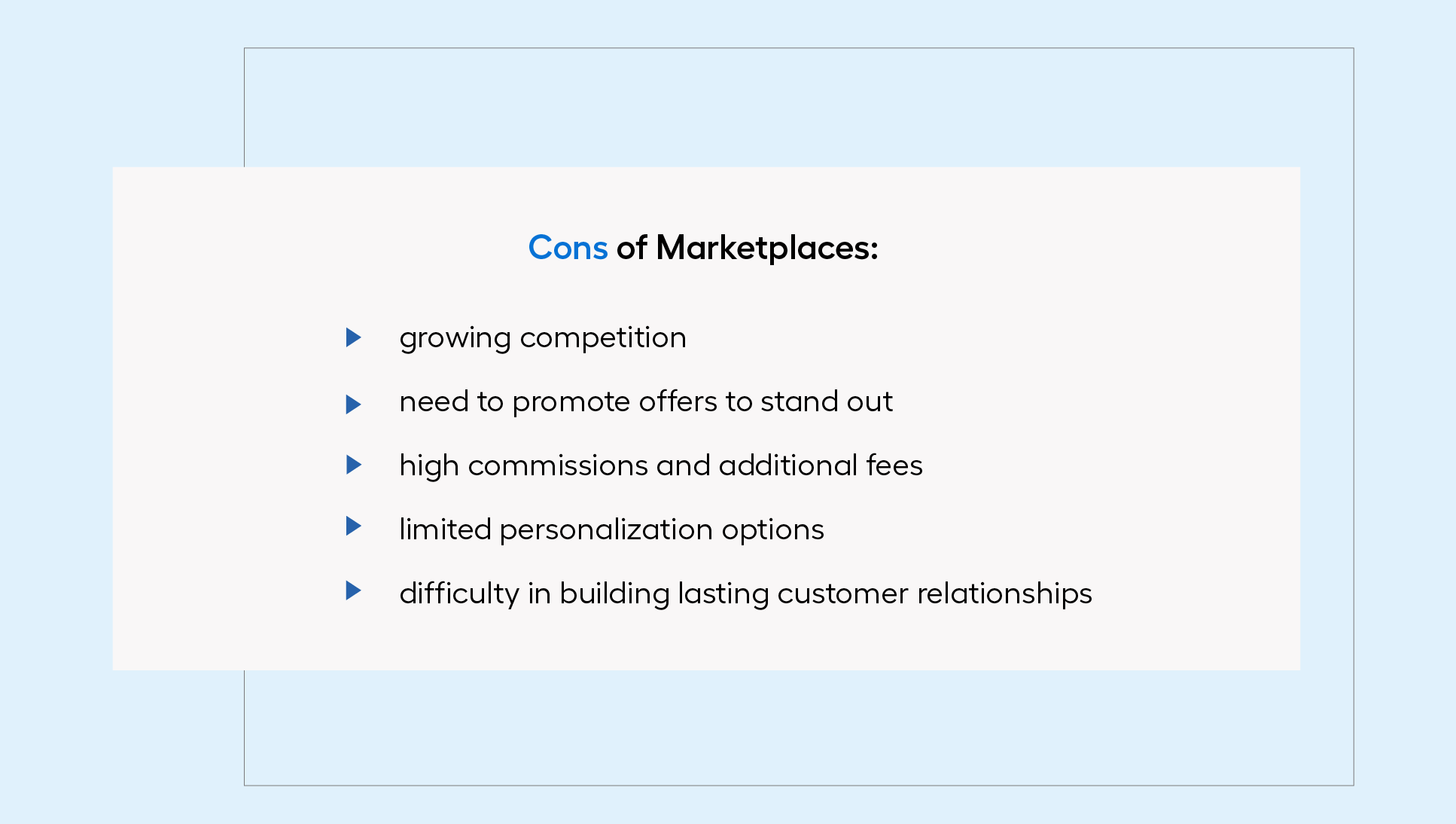
Shopify – the best alternative to marketplaces?
Are you finding that selling on a marketplace generates too many costs? An alternative to selling on someone else’s platform could be setting up your own store on Shopify.
Shopify is a Software as a Service (SaaS) solution, which essentially means you purchase a licence to use ready-made software that you can customise extensively to suit your needs. It’s a bit like renting a physical store – Shopify provides the basic infrastructure, and you set it up according to your own preferences.
A simple store on Shopify can be quickly configured using the drag-and-drop builder, taking about as much time as setting up an account on a marketplace. However, this setup is just the beginning. If you want to fully tailor the platform to your individual needs and add advanced features, it’s worth considering expert support. An investment of around 200 hours of development work can help create a fully customised e-store, including designing your own layout and navigation, integrating with external apps, and developing features like an advanced search engine, custom payment solutions, or logistics options.
The extensive customization options are also linked to another advantage of Shopify – scalability. The platform can grow alongside your business. It can easily handle increased traffic, a growing product range, or the need to expand into international markets (Shopify offers features such as website translation, currency conversion support, and integration with international payment and delivery methods). This ensures you don’t have to worry about technical limitations as your business expands.
Your own store is also a powerful tool for building brand recognition. With more control over how your brand is perceived, you can craft your image more effectively. A customer who recognizes your brand might visit your online store directly rather than searching for products on a marketplace, increasing the chances of repeat purchases. In the long term, by creating unique shopping experiences and ensuring customer satisfaction, you have the opportunity to establish a strong presence across the entire market, not just within marketplace spaces.
Own store vs marketplace – the ultimate showdown
Own store or marketplace – which sales model should you choose? This is a question many entrepreneurs ask when starting their eCommerce journey. Both options have their strengths and weaknesses. In the table below, we briefly compare the two most popular solutions: Shopify and Allegro. Which one will be the better choice for your business?
| Shopify store | Amazon Marketplace | |
|---|---|---|
| Commissions and fees |
|
|
| Scalability | ability to integrate with various tools and apps. Support for international sales. | Amazon is highly scalable, with built-in fulfilment services like FBA (Fulfilment by Amazon), but growth is tied to platform fees and competition. |
| Personalization | extensive options for customising design and functionality. | limited customization – sellers must follow Amazon’s listing structure with little control over branding and presentation. |
| Customer base | full control over building your own customer base and relationships, but you need to develop them “from scratch.” | access to Amazon’s vast, global customer base, but little control over customer relationships and data (Amazon owns the customer relationship). |
Is it time for your own store?
Despite many benefits, selling on marketplaces comes with numerous limitations. As a seller, you operate within the platform’s rules, which limits your control over the presentation of your products and the sales process. Additionally, high commissions and competition can significantly reduce your profits. That’s why it’s worth considering alternatives before deciding to sell through this channel.
Nowadays, setting up your own store on platforms like Shopify is easier than ever – it requires relatively small investments, allows you to start selling in just a few days, and offers greater flexibility, brand control, and better potential for increasing profits and scaling your business in the long run. If you want to learn more about Shopify’s possibilities and try them out in practice – reach out to us! We’ll help you take your first steps in this direction!
